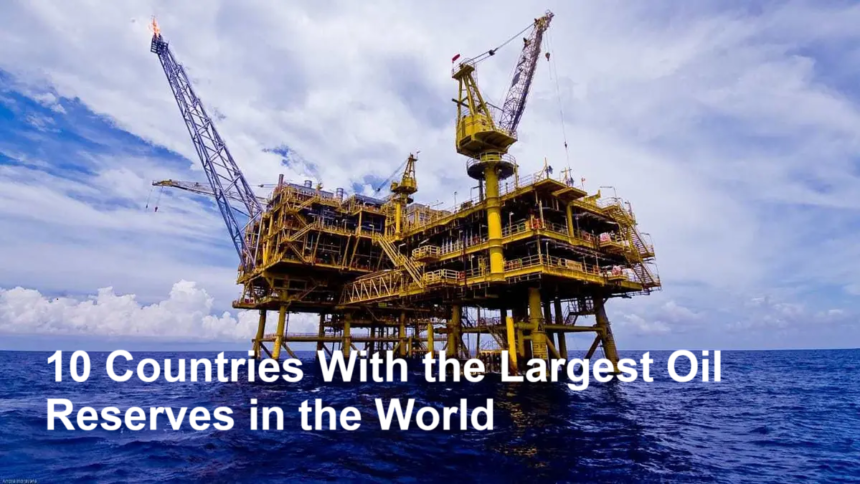When it comes to energy resources, nothing grabs the world’s attention quite like oil. It’s the black gold that fuels modern economies, powers industries, and shapes geopolitics. But where, exactly, is most of the world’s oil sitting underground, waiting to be tapped? Here’s my take on the ten countries boasting the largest proven oil reserves—and why these numbers matter to us all.
The Significance of Oil Reserves
Oil reserves aren’t just numbers in a spreadsheet; they reflect a nation’s potential economic power, bargaining position, and influence on global energy markets. Proven reserves refer to oil that can be extracted with current technology and under present economic conditions. Higher reserves often equate to a stronger voice in OPEC and more sway in international affairs.
1. Venezuela
Sitting at the top of the list is Venezuela, a country rich in heavy crude. With over 300 billion barrels of proven reserves, Venezuela outpaces even the most famous oil giants. Despite these abundant resources, political instability and economic turmoil have limited production, showing that reserves alone aren’t a ticket to prosperity.
2. Saudi Arabia
Saudi Arabia is synonymous with oil. Home to Ghawar, the world’s largest oil field, it wields enormous clout thanks to reserves exceeding 260 billion barrels. The Kingdom’s investments in extraction technology and infrastructure keep it at the center of oil discussions and OPEC decisions.
3. Canada
Canada’s oil riches lie mostly in Alberta’s oil sands, contributing to over 170 billion barrels of reserves. Extracting oil from sands is complex and costly, but with technological advancements, Canada has steadily climbed the ranks. This resource underpins a significant part of the Canadian economy and its export revenues.
4. Iran
Iran’s reserves, at around 155 billion barrels, have long been a cornerstone of its economy and geopolitical position. Sanctions and international disputes have sometimes restricted its exports, but Iran remains one of the heavyweights in global oil.
5. Iraq
Iraq, the site of some of the world’s oldest producing oilfields, comes in with about 145 billion barrels. Despite years marked by conflict, the nation’s oil infrastructure continues to recover, and its reserves remain vital to both the domestic economy and global markets.
6. Kuwait
Kuwait may be small in size, but it packs a punch when it comes to oil reserves—approximately 101 billion barrels. With a mature oil industry and relatively low production costs, Kuwait enjoys a high standard of living and plays a major role in the Middle East’s energy landscape.
7. United Arab Emirates
The UAE, particularly the emirate of Abu Dhabi, holds about 98 billion barrels in reserves. The country has invested heavily in state-of-the-art technology and diversification, maintaining its status as a significant exporter while preparing for the future beyond oil.
8. Russia
Russia commands some 80 billion barrels of reserves, with Siberian fields among its most productive. Oil forms the backbone of Russia’s export economy and gives it considerable leverage in European and Asian energy markets.
9. Libya
Despite years of political upheaval, Libya retains about 48 billion barrels of proven reserves, the largest in Africa. Much of Libya’s economy is tied to oil, and international players keep a close watch on its stability and production levels.
10. United States
Rounding out the top ten, the United States has seen its reserves grow to around 45 billion barrels, bolstered by advances in shale extraction. The rise of shale oil has given the U.S. new standing as a major producer and exporter, reshaping not just domestic energy markets, but global ones as well.
Why These Numbers Matter
The distribution of oil reserves influences everything from trade dynamics to diplomatic talks. Countries with larger reserves tend to have more stable supply lines, greater economic resilience, and formidable political influence.
Looking Ahead
As the world steadily transitions toward renewables, oil remains a critical resource. For these ten countries, the challenge is not just managing their reserves, but preparing for a world where black gold may one day lose its crown. Still, as long as engines run and industries grow, these nations will remain firmly in the global spotlight.












